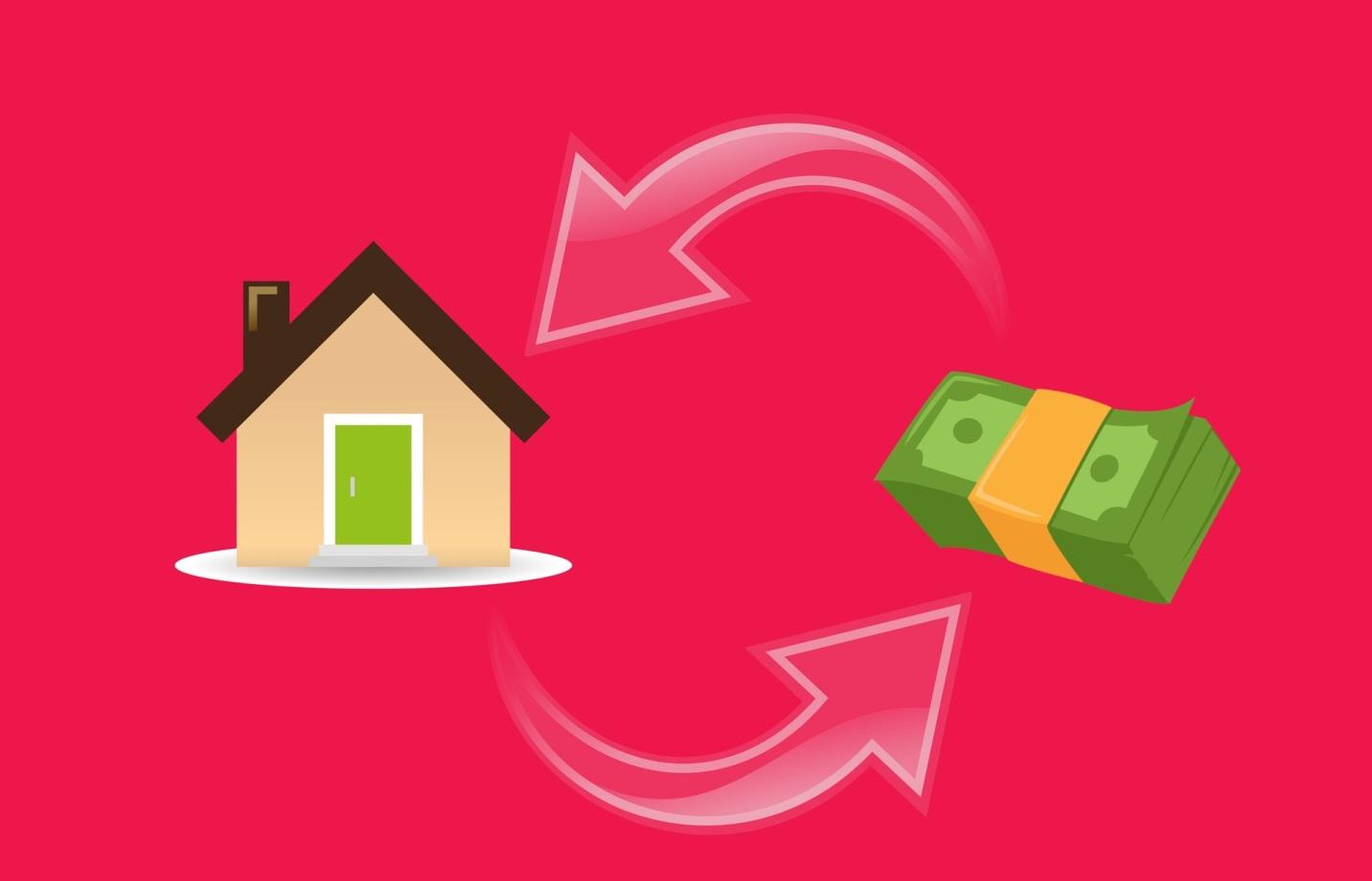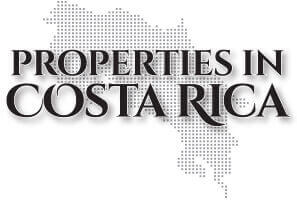6 Things You Should Know Before Taking Out a Mortgage in Costa Rica
Search Your Property

If you are a resident or have recently moved to Costa Rica and are planning to buy a home, it is crucial to understand the country’s real estate landscape, including things that you may or may not do if you are hoping to become a homeowner.
Buying property in Costa Rica can be relatively expensive for foreigners because the rates can be much higher. You may have a much shorter repayment period for mortgages in Costa Rica than you would when buying property in the US or Canada.
However, if you have insight into how real estate operates in Costa Rica, it is possible to get a good deal.
What You Should Know About Costa Rica Mortgage
1.There Are Two Main Options for Financing
If you want help financing your dream home in Costa Rica, you have two main options: government-owned or privately owned banks. If you are a Costa Rican, these options can work for you. However, if you are a foreigner, getting lending from a government-owned bank can be challenging because of their stringent credit requirements.
While you could have some success with private banks, acquiring a mortgage may not be as smooth for a foreigner as it would for a local. As a result, most foreign home buyers pay for homes in cash which may be out of reach for most people.
2. Costa Rican Banks Require Huge Down Payments for Mortgages
One of the most significant obstacles to mortgage financing from local banks is the deposits they ask for. Most banks will ask for a 30 to 50% deposit which is many times higher than you would need to pay in America.
While most home buyers aim to raise between 10-20% for deposit, you can access up to 95% funding from mortgage lenders in America. But you do not have to work with traditional lenders.
You can choose to get financing from a mortgage lender with fewer restrictions, and that is easily accessible. Also, you may need to compare the terms and conditions of available lenders to see which option has the best deal.
3. Lending Limitations
Like mortgage lenders in America, Costa Rican lenders have limitations on how much a person can borrow based on the disposable income the person has. Most Costa Rica lenders allow up to 30 percent of your disposable income for mortgage servicing.
This means that if you are servicing other loans, you will have limitations on the amount of mortgage you can access. So, paying them off first would be a good idea if you hope to get maximum financing.
4. You May Need To Carry Life Insurance
Death comes to everyone. When a borrower dies, their family could get stuck in making payments for the borrowed funds. As a result, many Costa Rican banks will require a borrower to carry life insurance. If you do not have a life insurance cover, the lender may add you to their group insurance and then include the insurance fee in the installments.
Group life insurance is significantly cheaper than personal life insurance. If you have a personal life insurance policy, some banks may allow you to use it, but you must provide proof that it is up to date. If a borrower dies, the lender will recover their money from the borrower's life cover, which means the family doesn't get destabilized by the death and that the lender doesn't run into losses.
5. Your Credit Score Matters
Costa Rican banks have pretty stringent credit requirements for borrowers. So you must ensure that your credit score is in excellent shape.
If you are from a country with no streamlined credit rating system, such as Venezuela, you may not get funding from a Costa Rican bank unless you have lived there and built a credit history. But most banks accept Canadian and American credit score systems.
6. Appraisal Fees
After committing to a loan and finding a property, the lender will need to send an appraiser. The main role of an appraiser is to determine if the property is worth enough to cover the debt if you default repayments.
Like in other jurisdictions, appraiser fees are paid by the borrower. Sometimes, some banks will seek to have the property appraised and inspected. Appraiser fees can be anything between $500 and $1,000.
You do not have to rely on the bank's appraiser alone. Having a private appraiser and inspector look at the property would be a good idea to ensure you get what you pay for. Often bank appraisers will not inspect much.
Their main concern is usually electrical installations and termites. A personal appraiser will do more than that to look for faulty plumbing, drains, windows, doors, and insulation. If a property is found to have any faults, you could ask the seller to fix it or ask for a better deal in light of the home's condition.
